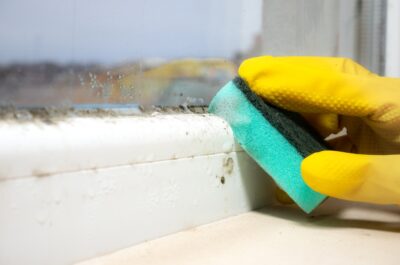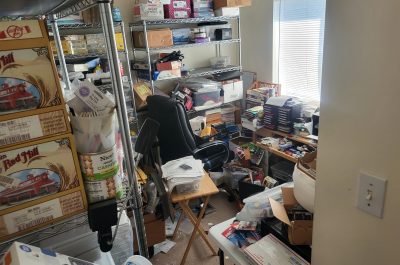I found this list at the Cuyahoga Hoarding Connection. It is very useful when working with family members who are trying to help an elderly loved one, and open up the lines of communication.
Having now done literally hundreds of small- and large-scale hoarding clean-up projects, I can vouch 100% as to the accuracy and importance of using this list to interact with elderly men and women. Some 70+% of our work involves one or more elderly persons. It is so important to demonstrate care, compassion and, most of all, respect. Showing just the slightest interest in their stories and experiences can cause them to positively light up and gets them engaged in the conversation.
Here are some ideas for effectively working with this group:
- DO contact the older adult face-to-face
- DO use a soft, gentle approach and let the older adult tell his/her story.
- DO treat the older adult with respect and dignity.
- DO respect the meaning and attachment to possessions by the older adult, often as intense as human attachment.
- DO remain calm and factual, but caring and supportive.
- DO evaluate for safety.
- DO refer for medical and mental health evaluation.
- DO go slowly and expect gradual changes.
- DO reassure the older adult that others will try to help and work with him/her.
- DO involve the older adult in seeking solutions.
- DO work with other agencies to maximize resources.
It Also Helps to Know What NOT to do When Working with the Elderly
- DON’T hospitalize unless there is a clear plan for what this is to accomplish.
- DON’T force interventions.
- DON’T be critical or judgmental about the older adult’s environment.
- DON’T use the older adult’s first name unless he/she gives permission.
- DON’T press the older adult for information that appears to make him/her uncomfortable.
- DON’T make negative, teasing or sarcastic comments.
- DON’T talk about the older adult to others as if he/she is not present.
For more help in improving communication, reach out to Freedom Maids today!




